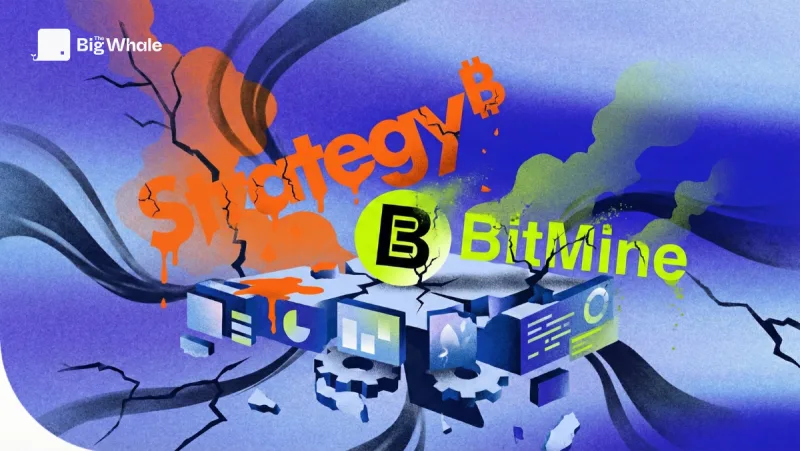TBW - With Safenet, Safe aims to offer a decentralised alternative to Visa and MasterCard

Payment is decidedly a hot market for crypto players. The launch of the Safenet network by Safe, a leading provider of Smart Wallets for crypto institutions, is yet another example of this.
Presented on 3 December as a "decentralised transaction processor network", Safenet's aim is simple: to be a decentralised alternative to payment networks such as Visa and MasterCard.
"Our aim with Safenet is to create a bridge between traditional finance and the crypto world to gradually switch the economy over to blockchain," Lukas Schor, co-founder of Safe, tells The Big Whale.
A general layer of interoperability
SafeNet's aim is to be a kind of general layer of interoperability between all networks, crypto and traditional, "with complete abstraction of the chains", says Lukas Schor, who also points out that SafeNet is not a layer 2: "We want precisely to avoid fuelling the fragmentation of liquidity, caused in particular by the multiplication of these Ethereum second-layer solutions."
As with the Visa and MasterCard networks, Safe will separate the execution and settlement of transactions to manage liquidity on the network in particular.
Read also - Christian Rau (Mastercard): "Stablecoins are a major revolution"
When a user wants to make a transaction, the funds will be "locked" until settlement takes place. The process should be frictionless for the user.
To guarantee the decentralisation of the network, transaction execution will be handled by validators storing the SAFE token, launched by Safe at the end of September. "Anyone can become a network validator, including Visa or MasterCard, but without exclusive control," says Lukas Schor.
First full-scale tests planned for Q1 2025
With regard to the timetable, Safe plans to carry out the first tests in Q1 2025 by launching an MVP (minimum viable product) limited to certain use cases such as cross-chain salary payments.
The network of validators will begin to be set up in Q2ᵉ.

As part of this process, Safe also wants products related to decentralised finance (DeFi) to be accessible from SafeNet.
If Safe allows itself this ambition, it is because it has become a must-have wallet solution for institutions in the crypto sector.
Today, Safe processes nearly 10% of the volume of transfers taking place on Ethereum, or around $150 billion a year, and secures nearly $100 billion via its smart wallets, popularised largely thanks to its multi-signature (multi-sig) system.
In contrast to a traditional wallet, smart wallets are managed by a programmable smart contract, which is non-custodial in the case of Safe. This system makes it possible to attach additional functionalities such as governance rules to the wallet, spending limits or the ability to connect to the wallet without using a private key.



